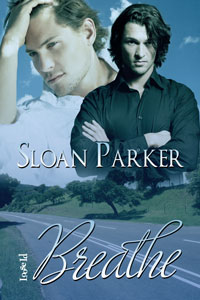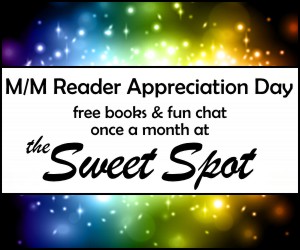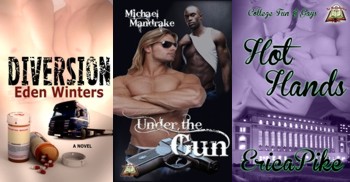
(c) istockphoto.com, marekuliasz 2012
I learn something new with each story I write. Both about me and the craft of writing fiction. As I’ve shared before, my current novel has been through a rocky schedule in terms of the actual writing, but it has had some of the biggest lessons for me when it comes to the “how” of writing.
Here’s what I’ve learned or had reinforced into my writer’s brain this past week:
- It’s amazing how many bits of dialogue or even entire scenes I thought were important that never make it in the final manuscript. They are the moments that seemed to be at the core of the story and its meaning when I was writing the outline, yet once I’m into the story on a deeper level, those “darlings” just seem to lose their punch. But they were important for the journey. They helped me get to where I wanted the story to go. Writing is a process.
- I can’t be afraid of moving a scene to a completely new setting. Sometimes I’m telling the right interactions and dialogue in the wrong place. The scene can take on a new intensity in the “right” location. Setting can influence the entire tone of a story. If two characters fall in love while moving from public place to public place, that story will have a very different feel than a story about two characters falling in love while staying at one of their homes, just the two of them for days on end.
- When I’m stuck on a character’s emotional reactions, I should always go back to the basics. What are the character’s goals, wants, needs? And how are those driving his actions and his responses? I can’t be afraid to make the story primal. Humans are complex creatures, but we are also driven by simple, personal motivations.
- I have to be “feeling” a scene to revise it. Sure, the writing hasn’t been polished yet, some of the sensory details are missing, and I have yet to write parts of the emotional responses and dialogue, but if I’m not interested in the core of what is going on in the scene, who the hell else will be? I give the scene two chances to pull me in. Maybe I was in a bad mood the first read through or maybe my mind was on something else. If I’m still not feeling it on the second read through, it’s back to the drawing board. Every scene, every interaction doesn’t just need a purpose, it doesn’t just need to move the story forward, it needs to grab the reader and hold on. The least it needs to do is get me excited to revise it.
And yet again, I think I’ve proven how crazy my writing process is, but I’m more than okay with that. It works for me.
Another thing I’ve learned in the past couple of years is to appreciate every moment I’m writing and to embrace the story I’m working on. Each of my novels has been quite different from the others. Over thinking the process and the act of writing, or doing any sort of comparison between works, is counterproductive. Enjoying the journey of storytelling and the characters I’m creating is a big part of what makes writing such a joy.
I try to start every writing session with that in mind.
It’s all about the story.










